With the continuing trend toward renewable energy, solar panels have become a common sight on rooftops, transforming not just energy consumption but the real estate market. As more homeowners adopt solar energy systems, selling a home with these systems introduces both opportunities and complexities. Solar panels, while reducing energy costs and environmental impact, often introduce a new layer of considerations when ownership is transferred during a home sale. Let’s go over the important aspects to keep in mind when transferring ownership of solar panels when buying or selling a home.
Over the last decade, solar panels have become synonymous with forward-thinking homeowners. An increasing number of buyers are prioritizing energy efficiency, and solar panels have emerged as a desired feature. Solar installations can now be found in homes ranging from suburban houses to luxurious estates, symbolizing a sustainable lifestyle choice.
While solar panels are seen as a long-term investment in sustainability, they can also be perceived as a burden by prospective buyers unfamiliar with the nuances of solar ownership. The buyer’s perception largely depends on whether the panels are owned outright, leased, or financed through a power purchase agreement (PPA). Understanding how these ownership structures impact a sale is essential for a seamless transaction.
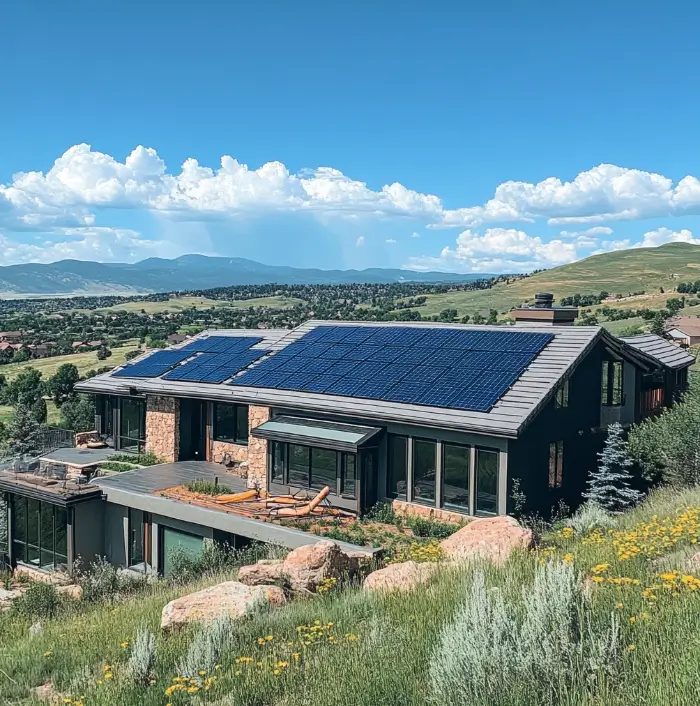
Not all solar panels are created equal, and neither are their ownership models. The type of solar agreement in place can significantly influence the ease or complexity of transferring ownership during a home sale.
If the homeowner has fully paid for their solar system, the transfer process is relatively straightforward. Fully owned panels increase the value of the home without any ongoing financial obligation for the new owner.
Leased panels, on the other hand, introduce some complexity. The current homeowner may have entered into a long-term lease agreement, where a third party owns the system, and the homeowner makes monthly payments for the energy produced.
In a PPA, the homeowner agrees to purchase the power generated by the system at a fixed rate, typically lower than market electricity rates. The solar company retains ownership of the panels, which means the new homeowner will inherit the payment terms.
In some cases, homeowners have a hybrid structure where part of the system is owned, and part is financed through a lease or PPA. These arrangements require additional attention to detail when transferring ownership.
Determining the financial impact of solar panels on a home’s market value involves several factors. Proper valuation ensures that sellers receive fair compensation while buyers understand the potential savings and responsibilities.
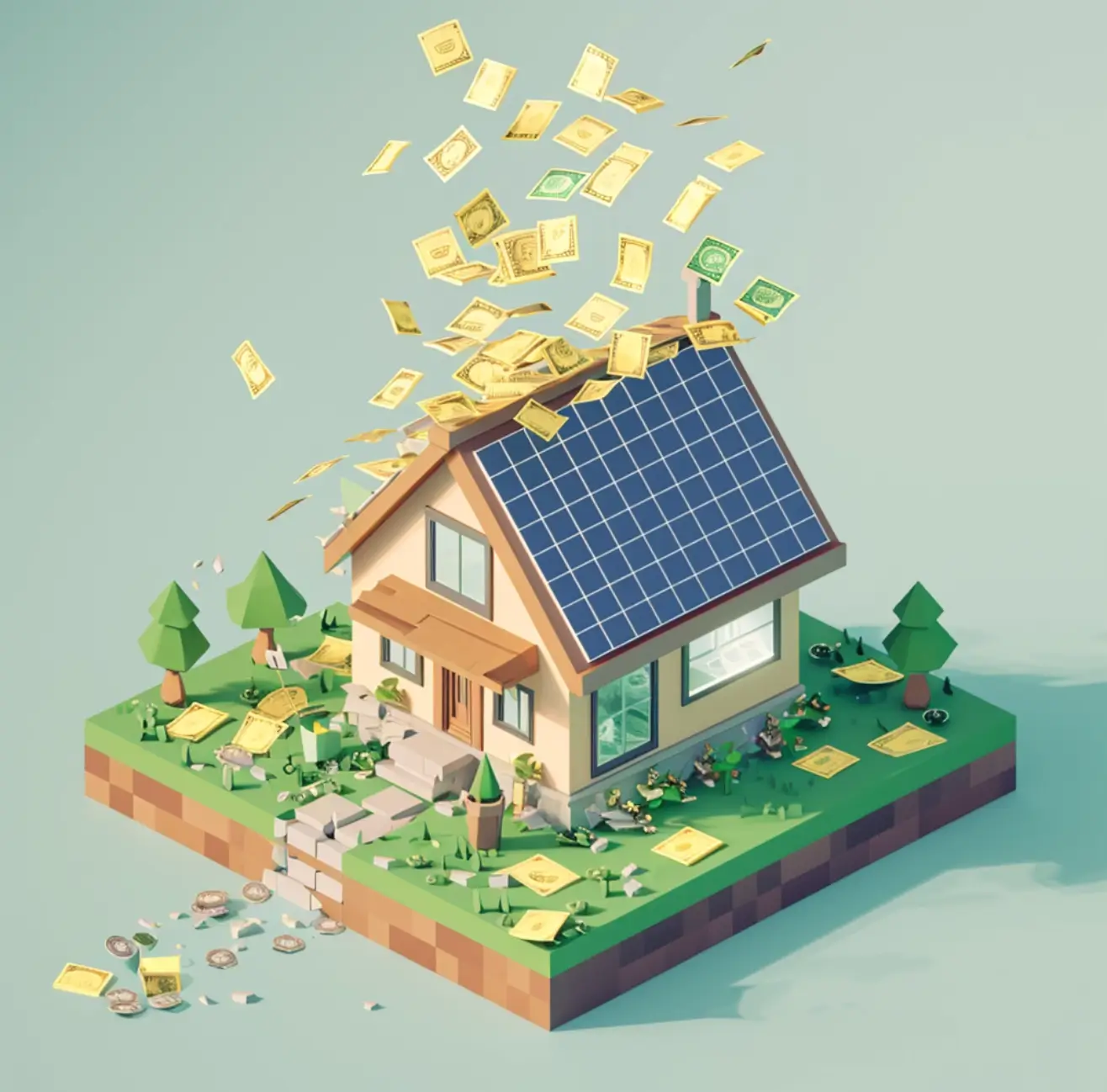
The value of solar panels depends on their age, performance, and any remaining warranties. Independent appraisers may need to evaluate how much the solar system contributes to the overall property value.
For potential buyers, energy savings are a powerful motivator. Highlighting how much the panels have reduced utility bills can significantly enhance the attractiveness of the property.
While solar panels can increase the market value of a home, their impact varies by region, local utility rates, and the structure of ownership. In areas with high energy costs, the premium for solar homes tends to be higher. In Denver and Colorado Springs, energy costs are increasing, making solar a great option to explore.
Fully owned systems represent the simplest form of solar transfer, but attention to detail is still required to ensure the transition is smooth for both parties.
Sellers must provide documentation proving full ownership of the solar panels, including purchase receipts and any associated tax credits or incentives.
Buyers should be informed of any remaining warranties on the system, as well as existing maintenance agreements that can be transferred.
Clearly explaining the financial and environmental benefits of the solar system is key to making it an attractive feature during the sale.
After the transfer, the new homeowner should update their insurance policy to ensure the solar system is covered adequately.
Leased solar systems present unique challenges during a sale. Both the buyer and the leasing company need to be on board for the transaction to proceed.
The first step is for the seller to review the lease agreement to determine the terms of transfer and any potential fees involved.
The buyer must agree to take over the lease, which often includes a credit check and verification of income by the leasing company.
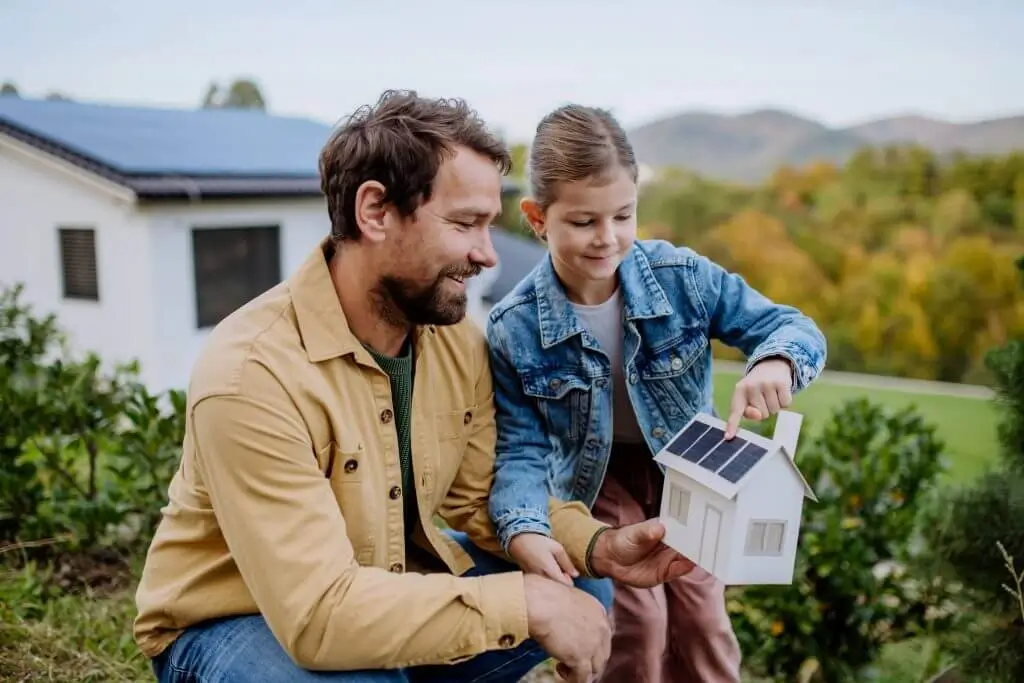
Leasing companies typically require the new homeowner to meet certain credit standards, which could be a barrier if the buyer’s financial profile does not align with the leasing company’s criteria.
In some cases, sellers may need to negotiate lease terms, offering incentives to make the assumption of the lease more appealing to buyers.
Failing to fully disclose the terms of the lease or hidden fees can derail the sale or lead to legal complications after the fact.
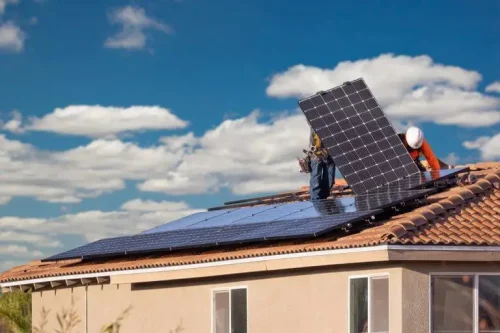
PPAs, while less common than leases, still require careful handling during a home sale to ensure a smooth transition.
PPAs outline the rate at which the homeowner purchases electricity from the solar provider. These terms must be transferred to the new homeowner without alteration.
Much like leased systems, the buyer must agree to assume the PPA, often involving a similar financial review by the solar company.
Buyers unfamiliar with PPAs may need an explanation of how the agreement benefits them compared to traditional utility arrangements.
The presence of a PPA may affect the overall sale price of the home, depending on how attractive the terms of the agreement are to potential buyers.
Navigating the legal terrain of solar ownership transfers requires careful attention to state laws, local regulations, and contractual obligations.
Each state has its own set of laws regarding the transfer of solar panel ownership, ranging from tax incentives to restrictions on certain types of agreements.
Municipalities may have additional regulations that homeowners must follow when transferring solar systems.
Both sellers and buyers must fully understand their contractual obligations, including any disclosure requirements related to the solar system.
Sellers should be aware of any liabilities that may persist after the sale, such as unresolved issues with the solar provider or undisclosed system defects.
Choosing a real estate agent who understands the intricacies of solar transfers can make all the difference in ensuring a smooth sale.
Real estate agents who are well-versed in solar technology can better market the home’s energy-efficient features to potential buyers.
In some cases, sellers may need to educate their real estate agent or potential buyers on the financial and environmental advantages of solar panels.
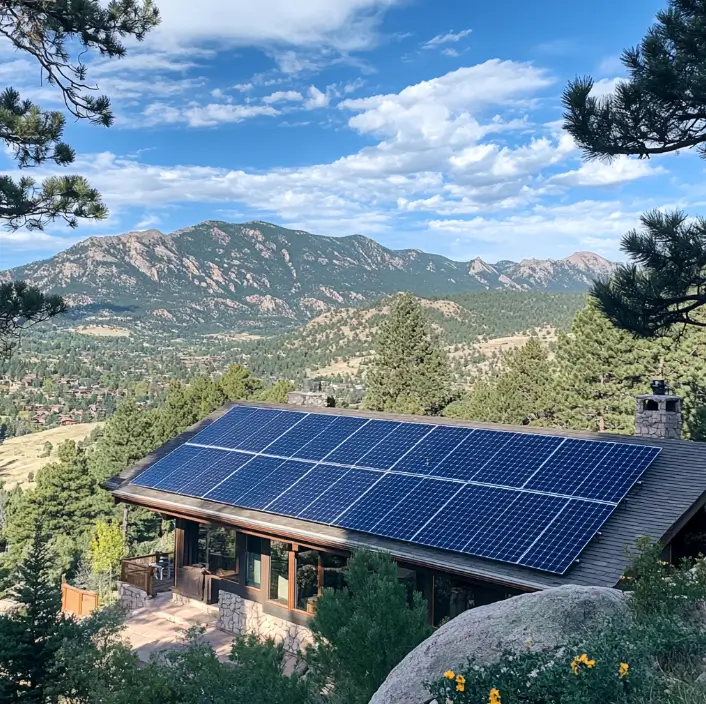
Some real estate agents may mistakenly believe that solar panels always complicate a sale. Dispelling these myths can help streamline the selling process.
A successful solar panel transfer ensures that buyers are prepared to manage and maintain the system effectively.
Buyers should be provided with detailed information about system upkeep, energy production, and warranty conditions.
Managing expectations regarding energy production and system maintenance is crucial to ensuring buyer satisfaction.
Offering buyers access to system monitoring tools allows them to track energy production and identify potential issues early on.
Transferring ownership of solar panels during a home sale, though intricate, can lead to a win-win situation for both parties. By carefully navigating ownership structures, legalities, and buyer expectations, homeowners can ensure a smooth transition and enhance the marketability of their solar-powered property. Buyers, in turn, gain a sustainable energy solution that can reduce long-term costs while benefiting the environment.
Powered by Healthy Digital | Privacy Policy
Proudly Serving, Denver, CO, Colorado Springs, CO and surrounding areas.